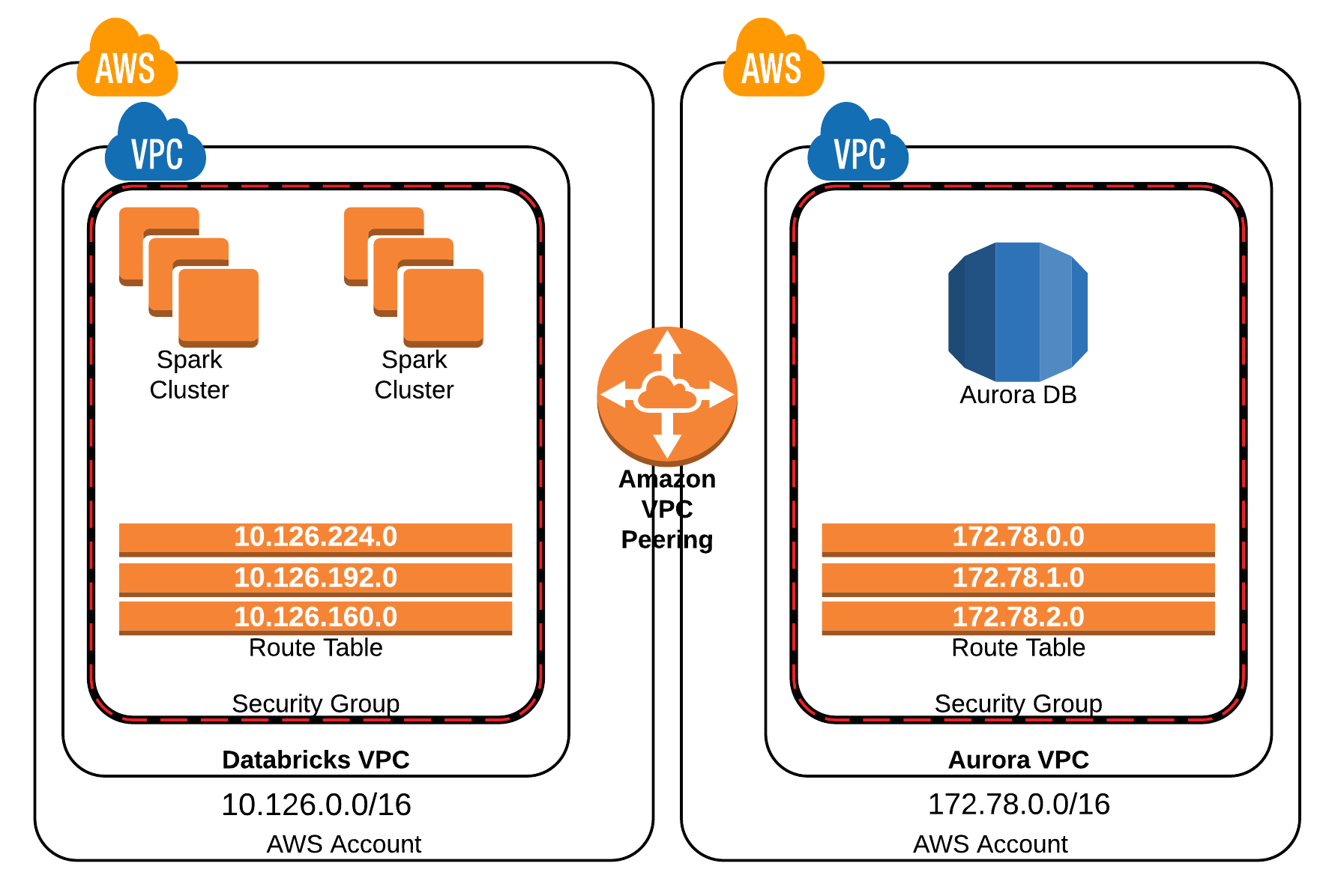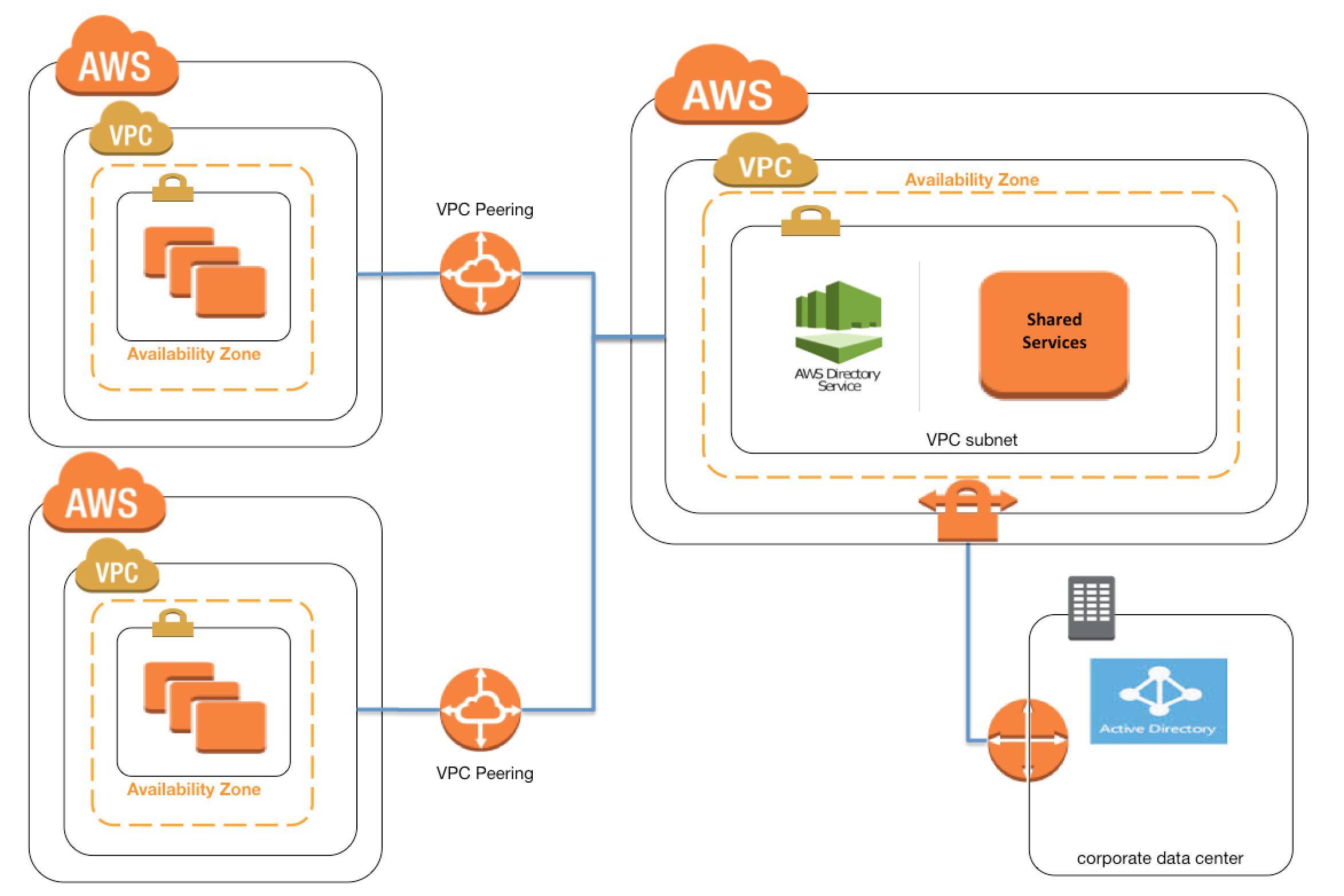In the rapidly evolving digital landscape, the integration of IoT with cloud infrastructure has become a cornerstone for modern businesses. The Internet of Things (IoT) continues to transform industries, redefining how data is collected, processed, and analyzed. However, as the number of connected devices grows exponentially, so does the need for secure and scalable infrastructure. This is where Amazon Web Services (AWS) Virtual Private Cloud (VPC) steps in, providing a robust framework for managing IoT deployments. By leveraging AWS VPC, organizations can ensure their IoT ecosystems remain protected while scaling to meet the demands of an ever-growing network.
The significance of a secure cloud environment cannot be overstated. IoT devices generate vast amounts of data, which must be processed, stored, and analyzed efficiently. This requires infrastructure capable of handling the unique challenges posed by IoT. AWS VPC offers businesses the ability to create a logically isolated section of the AWS cloud, where they have full control over their networking environment. From selecting IP address ranges to configuring route tables and network gateways, organizations can tailor their VPC to meet their specific needs. For IoT applications, where security and compliance are paramount, this level of customization is essential.
| Category | Information |
|---|---|
| Technology Focus | AWS VPC, IoT Security, Cloud Computing |
| Industry Applications | Manufacturing, Agriculture, Healthcare, Smart Cities |
| Key Features |
|
| Reference | AWS VPC Official Documentation |
While setting up a VPC is relatively straightforward, ensuring its effectiveness requires meticulous planning and execution. Access control policies must be stringent, network firewalls properly configured, and network traffic continuously monitored for any anomalies. As IoT deployments expand, so too must the VPC infrastructure. AWS provides tools such as auto-scaling, load balancing, and traffic mirroring to adapt to the growing demands of connected devices. These capabilities allow organizations to maintain high performance without compromising security or efficiency.
- Aditimistry Nude The Truth Behind The Clickbait And What You Need To Know
- Why Vegamovies Website Is Your Ultimate Movie Streaming Destination
One of the standout advantages of AWS for IoT is its pay-as-you-go pricing model. This model ensures that businesses only pay for the resources they consume, significantly reducing costs compared to traditional on-premises solutions. For startups and small enterprises, this flexibility is a game-changer, enabling them to invest in innovation without the burden of expensive hardware and software investments. Additionally, AWS offers managed services like IoT Core and IoT Analytics, which streamline the development and deployment of IoT applications. These services handle the complexities of infrastructure management, allowing businesses to focus on delivering value-driven solutions.
The security of an IoT deployment hinges on a multi-layered approach. Strong authentication and authorization mechanisms must be implemented, ensuring that only authorized entities access sensitive data. Encrypting data both in transit and at rest is another critical step. AWS provides security services such as Identity and Access Management (IAM), Key Management Service (KMS), and CloudTrail, which facilitate these measures. IAM controls access to AWS resources, KMS enables encryption, and CloudTrail logs API calls, creating a comprehensive security framework.
Network segmentation is another vital aspect of securing an IoT network. By dividing a VPC into multiple subnets, each with distinct security policies, organizations can limit the potential damage caused by a compromised device. For example, IoT devices, application servers, and database servers can reside in separate subnets, each with its own security parameters. AWS tools like security groups and network access control lists (ACLs) enable this segmentation, acting as virtual firewalls to regulate inbound and outbound traffic.
- Sydney Sweeney Deepfake The Truth Unveiled Facts And Ethical Concerns
- Hdmovies2 Your Ultimate Destination For Highquality Entertainment
Monitoring is indispensable for detecting and responding to security threats in real-time. AWS offers monitoring services such as CloudWatch and CloudTrail, which track network traffic and log API calls, respectively. These tools help identify suspicious activity and enable swift corrective action. Moreover, AWS integrates with security information and event management (SIEM) solutions like Splunk and Sumo Logic, allowing businesses to correlate security events from diverse sources and enhance threat detection.
Scaling IoT networks within an AWS VPC requires strategic planning. As deployments grow, the network must expand to accommodate the increasing number of connected devices. AWS tools such as auto-scaling, load balancing, and traffic mirroring ensure that the network remains efficient and secure. Auto-scaling adjusts the number of EC2 instances based on demand, while load balancing distributes traffic across instances, preventing overloads. Traffic mirroring enables testing new applications and configurations without affecting the production environment.
The choice of VPC configuration depends on factors such as deployment size, security requirements, and budget. Smaller deployments may suffice with a single VPC and a few subnets, whereas larger deployments may necessitate multiple VPCs connected via VPC peering. VPC peering facilitates resource sharing between VPCs, whether in the same or different AWS regions, without exposing them to the public internet.
Automation plays a crucial role in managing IoT networks. AWS tools like CloudFormation and Systems Manager simplify the deployment and management of VPC infrastructure. CloudFormation allows infrastructure to be defined as code, enabling consistent and repeatable deployments. Systems Manager provides a centralized platform for managing AWS resources, including VPC networks. Automating these processes reduces operational costs and improves efficiency, freeing IT teams to focus on strategic initiatives.
The potential applications of IoT solutions integrated with AWS VPC are vast. In agriculture, sensors can monitor soil conditions, weather patterns, and crop health, transmitting data to the AWS cloud via a secure VPC network. Advanced analytics algorithms process this data, providing farmers with actionable insights to optimize irrigation, fertilizer application, and pest control. This data-driven approach enhances crop yields and resource utilization.
Manufacturing plants benefit immensely from IoT sensors that monitor machinery performance, inventory levels, and production processes. The data streams to the AWS cloud through a secure VPC connection, where machine learning algorithms analyze it to predict equipment failures, optimize schedules, and identify areas for improvement. This proactive approach minimizes downtime, reduces waste, and boosts overall efficiency.
In healthcare, wearable IoT devices revolutionize patient care by continuously monitoring vital signs, tracking medication adherence, and providing remote monitoring for chronic conditions. The data is securely transmitted to the AWS cloud via a VPC network, enabling healthcare providers to remotely monitor patients, detect health issues early, and deliver personalized care. The secure and compliant nature of AWS VPC ensures patient data remains protected and adheres to regulations like HIPAA.
Building a robust IoT solution within an AWS VPC requires a deep understanding of both IoT technologies and AWS services. It involves selecting the right services, configuring the VPC network, implementing security best practices, and automating deployment and management processes. Organizations often face challenges in implementing and managing these solutions due to a lack of expertise, difficulty in configuring VPC networks, and concerns about security and compliance. To address these challenges, many turn to AWS partners with specialized knowledge in IoT and AWS services.
As IoT continues to evolve, the importance of secure and scalable infrastructure will only increase. AWS offers a comprehensive suite of services tailored for IoT deployments, with VPC playing a critical role. By effectively leveraging VPC networks with AWS, businesses can harness the power of IoT while mitigating risks and driving innovation.
The convergence of IoT and AWS VPC networks will drive innovation across industries. We can expect more sophisticated IoT applications leveraging machine learning, artificial intelligence, and edge computing. These applications will demand even more secure and scalable infrastructure, making AWS VPC indispensable. The adoption of 5G technology will further accelerate IoT growth by enabling faster and more reliable connectivity.
The future of IoT is intrinsically linked to the capabilities and security provided by cloud platforms like AWS. By leveraging the robust features of VPC networks, organizations can confidently deploy and manage IoT solutions, unlocking new opportunities for efficiency, innovation, and growth. As industries continue to embrace IoT, the role of AWS VPC in securing and scaling these ecosystems will only grow in importance.
- Unveiling The Enigmatic Life Of Ramzi Alamuddin
- Subhashree Sahu Mms Link The Untold Story And What You Need To Know


